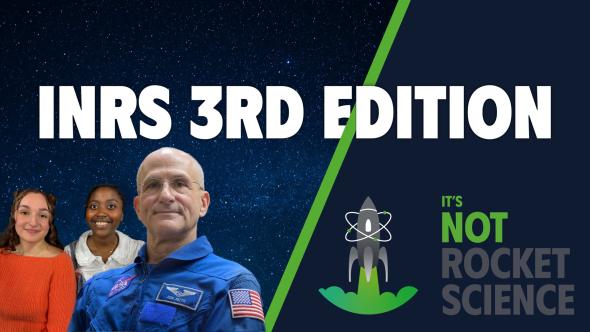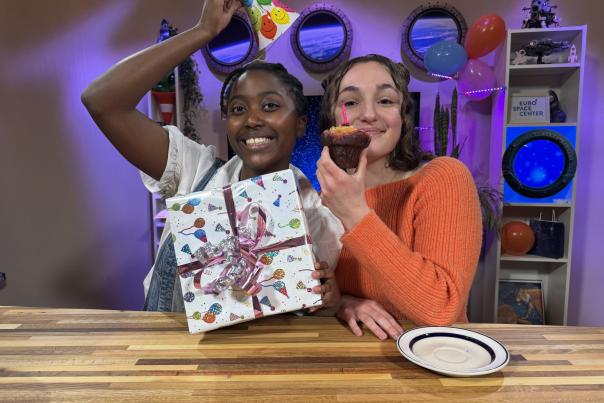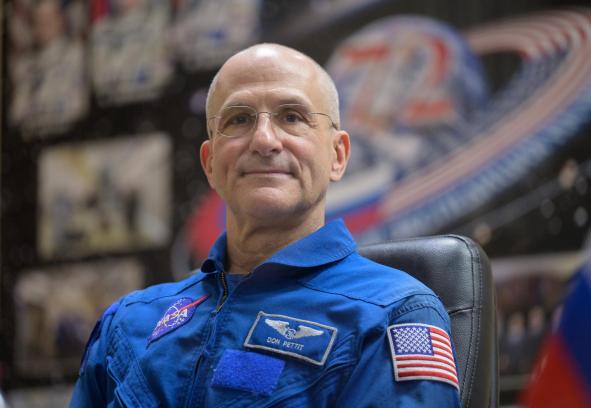The project's ambition is to make science accessible to as many people as possible, especially high school students. The aim is clear: to demystify complex scientific concepts while offering young people a fascinating gateway to the world of research.
The idea behind "It's not Rocket Science" is simple but ambitious: each student duo must design a 2-minute popular science video that explains a space-related scientific concept or phenomenon. From a pool of 300 videos, the most convincing are selected to take part in a competition organized during Printemps des Sciences. High school students are invited to vote for the best video.
The objectives of this project are multiple: (1) to practice English in a concrete way , (2) to offer secondary school students a glimpse of what is achieved at university , (3) to discover interdisciplinarity and (4) to inspire young people to study science - why not at UNamur?
To meet this challenge, the finalist students are supported in the production of their videos by the team of English and subject teachers, by Confluent des Savoirs - UNamur's science popularization service - and by the Audio-Visual Service.



